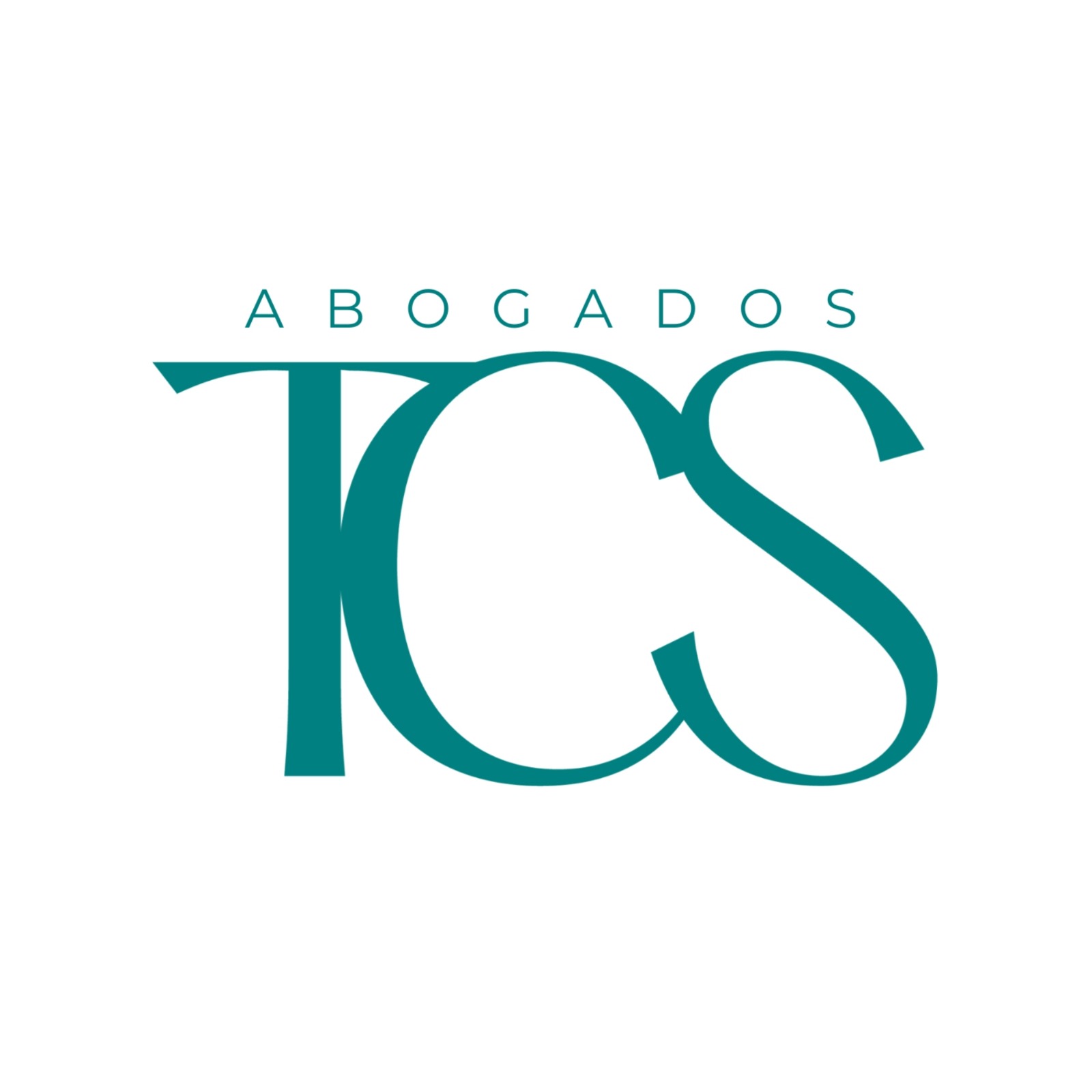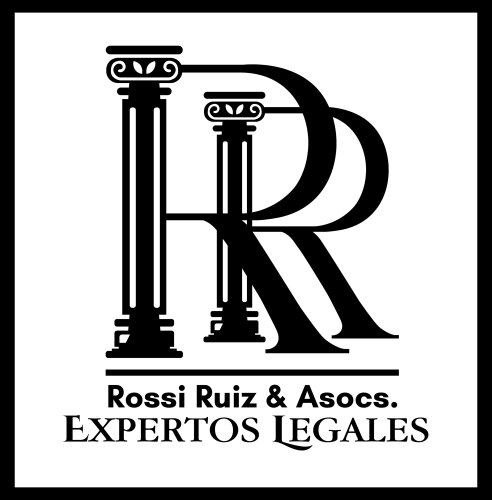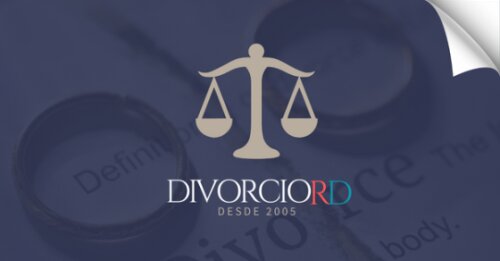Best Collaborative Law Lawyers in Santo Domingo
Share your needs with us, get contacted by law firms.
Free. Takes 2 min.
Free Guide to Hiring a Family Lawyer
List of the best lawyers in Santo Domingo, Dominican Republic
About Collaborative Law in Santo Domingo, Dominican Republic:
Collaborative Law is a form of alternative dispute resolution that aims to settle legal disputes outside of the courtroom. In Santo Domingo, Dominican Republic, Collaborative Law allows parties to work together with their lawyers to reach mutually beneficial agreements in a more amicable and efficient manner.
Why You May Need a Lawyer:
If you are facing a legal issue where you and the other party are seeking a collaborative approach to resolve it, hiring a lawyer with experience in Collaborative Law can help facilitate the process and ensure your interests are protected. Common situations where a lawyer may be needed include divorce or family law matters, business disputes, or civil disputes.
Local Laws Overview:
In Santo Domingo, the Collaborative Law process is governed by the Civil Code and other relevant laws. It is important to have a lawyer who is well-versed in these laws to guide you through the Collaborative Law process and ensure that your rights are protected.
Frequently Asked Questions:
1. What is the role of a lawyer in Collaborative Law?
A lawyer in Collaborative Law serves as a legal advisor and advocate for their client, helping them navigate the process, negotiate agreements, and ensure their rights are protected.
2. How is Collaborative Law different from mediation?
In Collaborative Law, each party has their own lawyer who advocates for their interests, whereas in mediation, a neutral third party mediator facilitates discussions between the parties.
3. Can Collaborative Law be used in all types of legal disputes?
Collaborative Law is often used in family law matters such as divorce or child custody disputes, but it can also be used in civil disputes, business disputes, and other legal matters where parties are looking to reach a mutually beneficial agreement.
4. How long does the Collaborative Law process usually take?
The timeline for Collaborative Law cases can vary depending on the complexity of the issues involved and the willingness of the parties to cooperate, but it is generally a more expedited process compared to traditional litigation.
5. Are the outcomes of Collaborative Law legally binding?
Yes, the agreements reached through Collaborative Law are legally binding once they are signed by the parties and approved by the court.
6. What happens if the parties cannot reach an agreement in Collaborative Law?
If the parties are unable to reach an agreement through Collaborative Law, they may need to pursue other legal options such as litigation.
7. How much does Collaborative Law cost?
The cost of Collaborative Law can vary depending on the complexity of the case and the amount of time involved, but it is often a more cost-effective option compared to traditional litigation.
8. Can I switch to a different lawyer during the Collaborative Law process?
While it is possible to switch lawyers during the Collaborative Law process, it is generally discouraged as it can disrupt the progress of the case. It is important to choose a lawyer you trust from the outset.
9. Can I still go to court if I start with Collaborative Law?
If the parties are unable to reach an agreement through Collaborative Law, they may choose to pursue litigation in court to resolve their legal dispute.
10. How do I find a lawyer with experience in Collaborative Law in Santo Domingo?
You can start by asking for recommendations from friends or family, contacting local bar associations for referrals, or conducting an online search for lawyers who specialize in Collaborative Law in Santo Domingo.
Additional Resources:
For more information on Collaborative Law in Santo Domingo, you can contact the Dominican Bar Association or the Collaborative Law Institute of Santo Domingo.
Next Steps:
If you are in need of legal assistance in a collaborative legal matter in Santo Domingo, it is important to consult with a lawyer who has experience in Collaborative Law. You can schedule a consultation to discuss your case and determine the best course of action to resolve your legal dispute in a collaborative and amicable manner.
Lawzana helps you find the best lawyers and law firms in Santo Domingo through a curated and pre-screened list of qualified legal professionals. Our platform offers rankings and detailed profiles of attorneys and law firms, allowing you to compare based on practice areas, including Collaborative Law, experience, and client feedback.
Each profile includes a description of the firm's areas of practice, client reviews, team members and partners, year of establishment, spoken languages, office locations, contact information, social media presence, and any published articles or resources. Most firms on our platform speak English and are experienced in both local and international legal matters.
Get a quote from top-rated law firms in Santo Domingo, Dominican Republic — quickly, securely, and without unnecessary hassle.
Disclaimer:
The information provided on this page is for general informational purposes only and does not constitute legal advice. While we strive to ensure the accuracy and relevance of the content, legal information may change over time, and interpretations of the law can vary. You should always consult with a qualified legal professional for advice specific to your situation.
We disclaim all liability for actions taken or not taken based on the content of this page. If you believe any information is incorrect or outdated, please contact us, and we will review and update it where appropriate.















